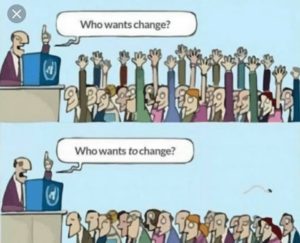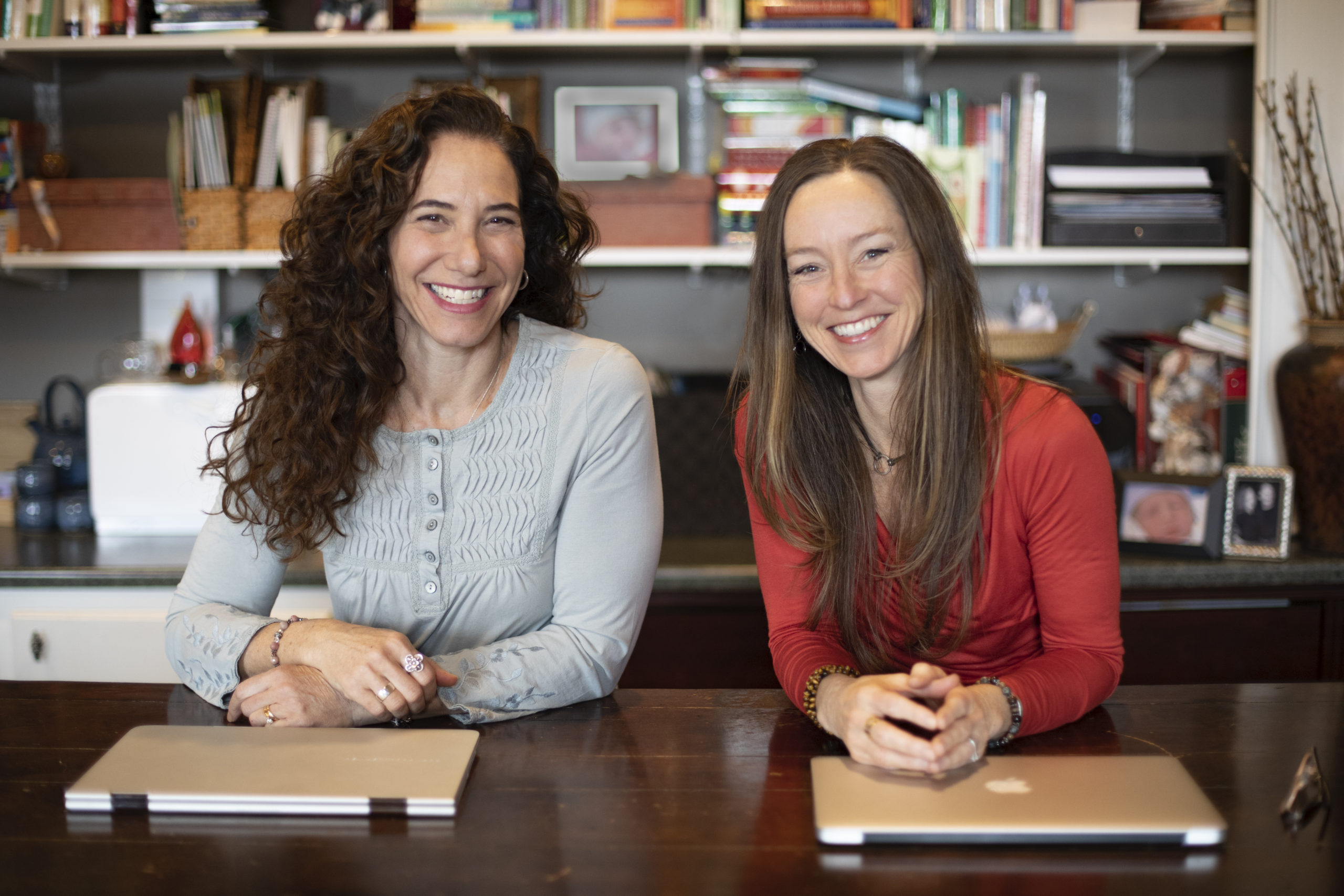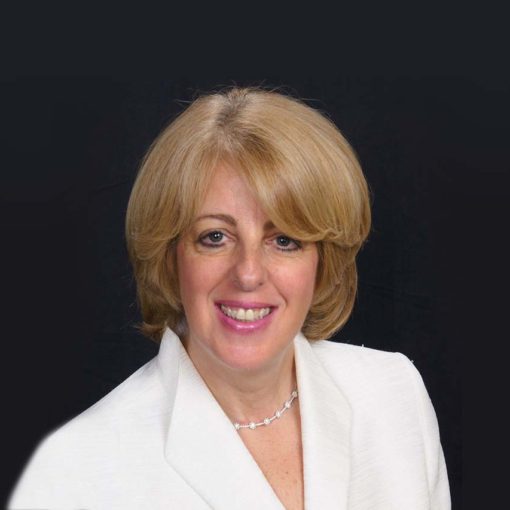Podcast: Play in new window | Download (Duration: 13:05 — 4.6MB)
Subscribe and don't miss an episode! Apple Podcasts | Spotify | Android | iHeartRadio | Deezer | RSS
After 13 years of coaching, we had the opportunity to take the board exam to become nationally board-certified health and wellness coaches. Not only did it reinvigorate our passions for coaching, but we learned new skills and strategies that we are excited to use with our clients and groups. Listen to our board exam experience and how we are now, even better coaches.
(Podcast player below transcript)
Transcript of Certified podcast.
edited for clarity
Nourish Coaches 00:04
Hi, this is Wendy. And this is Debbie. Welcome to nourish Noshes where we talk all things food and health and what’s nourishing for us.
Debbie 00:15
And I’ll tell you what was not very nourishing for us was taking a four-hour exam.
Wendy 00:24
If anyone saw our post exam photo, you could see how tired I was, this is Wednesday, by the way. It was quite exhausting. It was pretty intense process to study.
Debbie 00:37
Yeah. So, you know, some people might not know about that. But some people may know that we took an exam, just last Friday. So on the 15th of October, we took a national board certification exam for becoming health and wellness coaches. Now we already our health and wellness coaches, but this exam will, if we passed, which we assume we did, will certify us nationally–board certified for practicing.
Wendy 01:07
Yeah, it’s upping our game. It’s delineating us from many others, you know, health coaches down the street.
Debbie 01:18
Right, who might be perfectly good health coaches. But this is really, the idea behind this is to somewhat regulate the health and wellness coaching field to make sure that we’re really doing our coaching, that we’re doing what we’re out there to do in a way that is consistent with what the national health coaches board believes are the best practices to help people.
Wendy 01:43
And I do believe at the end end of the day that I’m a better coach, because of all the studying we did. And the extensive program we went through back October through March of ’20 to ’21. Right? I do believe I have a better understanding of the motivational interviewing, you know, just the best way of being a coach, and the approach and the partnership that we have with our clients. Yeah. And one of the things you and I have talked about often is this idea that we’re really drawn to the coaching model instead of some of the other models like the nutritionist model or the RD model, or you know, the dietician, model. And none of those, none of them are wrong models. They’re all, you know, helpful models. The reason why we are drawn so much to the coaching model is because it’s really a partnership and we so believe that you have, you know, most of the answers, you know, you might need some education, you might need some accountability, you might feel like you can’t do it alone. And you might want some new information. And that’s where we come in.
Debbie 02:52
Yeah, the idea is to really get people to be able to have a healthy lifestyle on their own, sustainably for the rest of their life–to not need us. And that’s what coaching is about– is to get people to be autonomous in their health and lifestyle skills so that they know the answers, and they trust themselves to know the answers of what works for them as an individual.
Wendy 03:14
So one of the things we did often during our conversations, when we were studying was think, oh, what a great question to ask our clients. And oh, do you remember when we had this conversation during our group, and we had a lot of good ideas? We got a lot of good ideas for upcoming group that is kicking off October 27.
Debbie 03:34
Yeah, we definitely we wrote a lot of good notes. And we’re so excited–we’re at our prime of coaching right now.
Wendy 03:40
Yeah, yeah. And that’s what continuing education does for us, right? It’s growth mindset. And I think that’s why we love coaching, too, is that we help our clients rediscover that growth mindset that is intrinsic with most of us. I see that with clients, don’t you?
Debbie 04:00
Oh, absolutely, absolutely. I think everybody wants to grow, you know, and it’s a matter of where they are in their journey. But, that’s the ideal.
Wendy 04:09
But it wasn’t comfortable!
Debbie 04:11
It’s not comfortable. It’s not comfortable making changes. And it wasn’t comfortable having to adjust our schedule to take the course to take the test and to study to take the test, we had to push a lot aside to study. And that wasn’t comfortable at all, because it wasn’t something that we naturally wanted to do. But we both agreed that it made us better. Yeah, and that’s an analogy for a lot of what we want our clients to do.
Wendy 04:39
Exactly, because people come to us because they want to feel better. And, you know, there’s this cartoon that my husband shared with me recently and it’s a speaker at the podium and he’s got this big audience and he said, “Who here wants change?” and everyone raised their hand. Then he said, “Who here wants to change?” And no one raised their hand.

Debbie 05:05
Right? Let’s put that comic in the show notes. Because I think that’s a good one.
Wendy 05:09
Yeah. And it really is. It’s actually having the courage, right? Because there’s a lot of bravery and courage to go on a journey of transformation of your health. And maybe it’s a mini transformation. Maybe it’s a big one.
Debbie 05:26
It’s not easy, and it’s uncomfortable, to make changes to transform yourself.
Wendy 05:32
But damn, do I feel good about spending all that time studying. And being able to, you know, put on on our website in eight weeks that we’re nationally board certified. I mean, that feels good.
Debbie 05:46
Yeah, that feels good. But that’s also, that’s another analogy–change doesn’t happen overnight, you know, so you might have to do a lot of work and not get the results until eight weeks later or longer.
Wendy 06:01
Yeah, it’s a dose of patience, for sure. And that’s something that we don’t train for today.
Debbie 06:09
Right. It’s not in our culture anymore. We have an instant culture. And that’s what it makes it especially hard, I think, for a lot of people because we’ve gotten accustomed to getting things instantly. And this is never going to change–Changing our bodies and our habits are never going to be instant.
Wendy 06:27
No, they aren’t. And the minute we wrap our head around that and accept that idea. That change can be wonderful and opening and beautiful and hard all at the same time. It’s kind of like yes and right. Yes, it’s hard. And yes, it’s worth it. Yeah, one of the things that really slipped up for me was my movement pattern. I got my walk in, you know, six out of seven days. But I didn’t get my strength training in. I did get my dancing in, but my yoga was canceled a couple of times. And so my movement really wasn’t stellar. My food was really good. I felt really good about my food choices. But my movement was off. And it really–I really felt it in my body. It was just very interesting, what I actually negotiated away when I felt like this was the most important thing on my plate. And it was a lesson learned because I really I did slip backwards in my strength over the last month, I would say so. That’s interesting. Yeah, it’s it actually wasn’t over the last month it was just over the last say we can have two weeks that I really intensive studying time. Yeah, the intense towards the end, right? Um, but when I went back to the bench, it was harder. So how about you? Did you find you were negotiating away any of your habits that you love that are very nourishing for you? Did you negotiate any of them away in these last couple of weeks of intense studying?
Debbie 08:11
I was thinking about that when you were talking about that, because I did get a lot of my workouts in. I the one thing that probably suffered, which is probably one of my favorite things in the world was playing tennis, I had to adjust my tennis schedule and not play as much, which means I think I only played once a week. And that wasn’t enough for me. But that was the one thing that I negotiated because I really made it a concerted effort to not negotiate away my activity level, as far as working out goes and strength training and walking. And part of that is, I can’t because I have a dog and that’s one of my activities is walking her a couple miles a day–two times. So that was not negotiated and my workouts were not negotiated. But my tennis was, my eating was, I have to say it was not as stellar as it usually is. And I hadn’t thought about that until you were talking about it. And I think I probably let go a little bit saying to myself, you know, I don’t have to be so strict with myself because I’m studying. Yeah, it’s really the opposite. And towards the end, the last few days before the test, I actually amped it up and was eating really well. I kind of tripled my vegetable intake on purpose knowing that I needed that brainpower, but I’d like to say that I eat like that every day and I want to eat like that every day. So I thought about kind of changing my mindset instead of saying I need to eat better because I’m taking a test or because of this is that I need to eat better all the time because I want to be great all the time.
Wendy 09:49
And there you are, your Nourish Coaches are human. We are human too, and so when we slip up, one of the things that is good about being in this field is that we have coached so many people about this idea of self compassion and curiosity, so that when we do slip up or negotiate things away that are so important to us, we recognize it, perhaps, much more quickly. And we just–we correct, instead of–
Debbie 10:31
We correct with curiosity. And that’s a habit that took a while to get that for sure. It’s not 100%. Sometimes I still beat myself up with that inner critic. So that’s a lot of the stuff that we work with our clients. That’s what we’re gonna be talking about in our group next week. That’s one of the hardest things–self-compassion. We want to start, especially when we’re interviewing people, we’re going to start asking them this question. And we’re going to ask each other this question, because we think it’s, it’s kind of a neat question. And the question is, “what is your one non-negotiable health habit?” So Wendy, what is yours?
Wendy 11:11
You know, it’s a toss up for me with real whole food and my movement. Those are the two kind of non-negotiables. For me, they really–the more real whole food that’s in my diet, just the–I mean, it’s food is energy and movements energy. So those are, those are my top two.
Debbie 11:31
Okay, I guess my non-negotiables are a little bit more refined, I agree with yours, for sure. But to refine it a little bit more, one my non-negotiables is my choices of organic foods that I won’t negotiate with which, one of them, and there’s a few of them, but I’ll start with this one is that I will not buy or eat fruit, such as apples or berries, that are not organic, because they’re pretty heavily sprayed. So that’s one of my non-negotiables I will always eat those organic or not eat them at all.
Wendy 12:08
Yeah, it’s interesting when I’m at a social event, and I make an assumption, usually that it’s not organic, and I don’t eat it, you know, just because of that very reason. So–
Debbie 12:22
Exactly, exactly. And that said, I’m sure I have eaten non-organic fruits at times, especially in social occasions here and there. But that’s something that I am always 100% conscious of, because it’s important to me to keep those chemicals out of my body.
Wendy 12:41
So we’re super curious, what is one of your non-negotiables, and we’d love to hear from you. So connect with us on Facebook and Instagram, and sign up for our newsletter and we look forward to continuing the conversation about how to stay our vital selves in today’s world.






